THE MODULE
“This module was thought as highly specialized training course on the EU-Western Balkans Cooperation on Justice and Home Affairs addressed to students, graduates and PhD candidates, but also to all stakeholders (legal operators, judges, lawyers, law enforcement officials, civil servants and civil society, policy makers) who are already or are entering the world of professions in this geographical area.”
Countering Serious Crime in the Western Balkans is the most important joint operational platform put in place by the EU to combat internal threats. Cooperation among regional and national institutions in fighting serious and organised crime, as well as among investigation institutions of the countries of the region and the EU (for example, through so-called Joint Investigation Teams) is crucial to improving overall security.
Indeed, the Western Balkan region is of fundamental geo-strategic interest for security within and outside Europe. Thus, EU policy towards the Western Balkans has concerned a form of regional security cooperation that is instrumental in addressing the security challenges facing the region (the fight against migrant smuggling and organised crime, corruption, terrorism, drug trafficking, etc.), and essential for their gradual integration in the EU in compliance with the EU principles of the rule of law, justice, democracy, and respect for fundamental rights. The EU’s Stabilisation and Association Process (SAP), aiming at bringing the potential candidate countries’ legislation and standards closer to those of the EU, firstly supports the implementation of peace agreements to restore political security in the area. Secondly, it seeks to put in place a new, strengthened approach for Balkan Countries, including a wide range of financial, economic, and political aid. Moreover, it aims mainly at the conclusion of specific agreements (SAA) with each country, with a view to EU accession once the Copenhagen criteria are fulfilled. Based on common democratic principles, human rights, and the rule of law, each SAA establishes permanent cooperation structures. Thus, EU policy towards the Western Balkans is related to regional cooperation and good neighbourly relations, going far beyond the enlargement policy.






